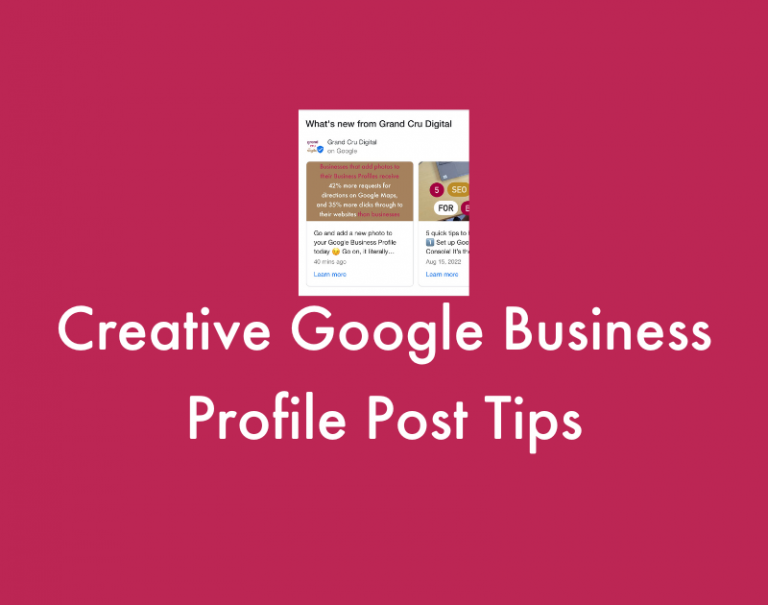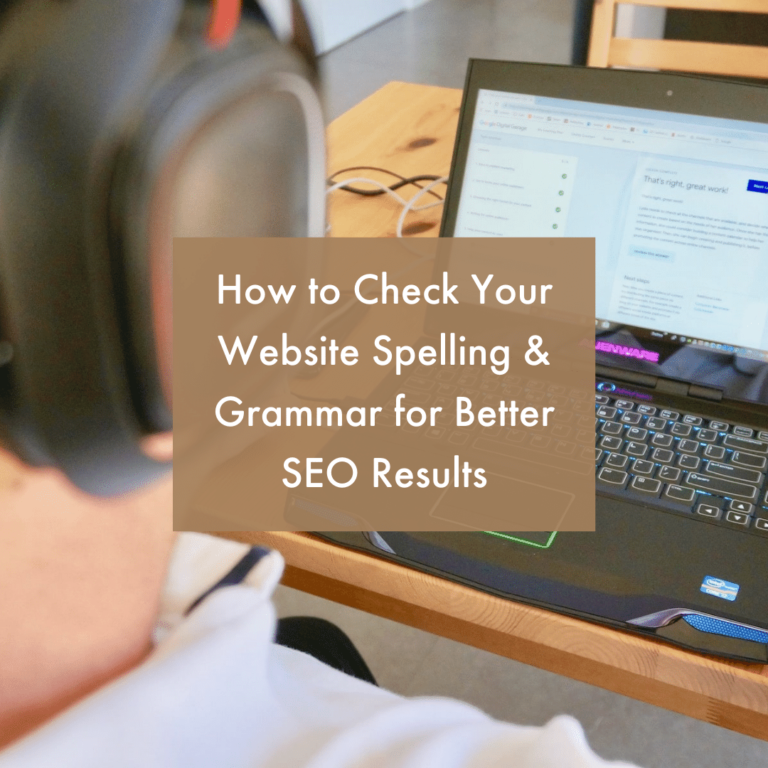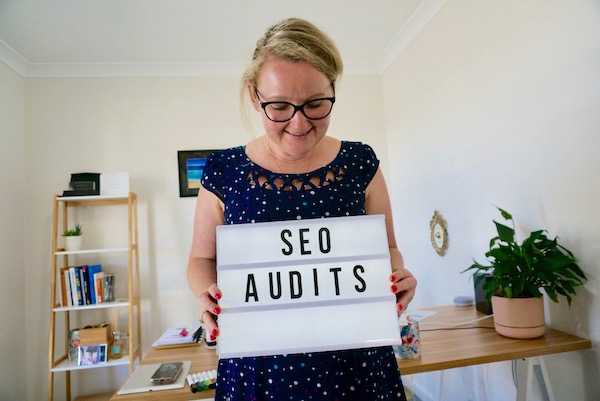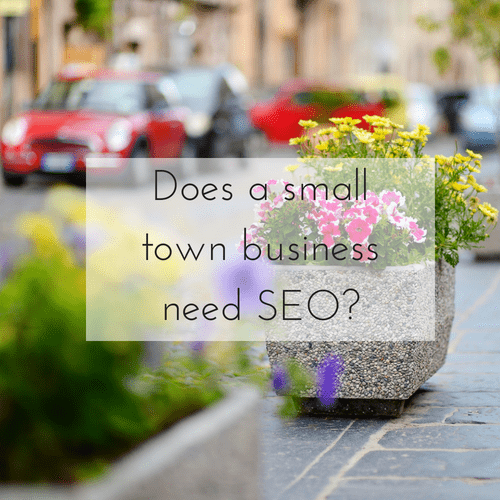When we talk about SEO, it’s near on impossible not to mention ‘keywords’. If you were playing the word guessing game Taboo, there is no doubt that ‘keywords’ would be one of the 5 taboo words listed on the card. So why are SEO keywords so important to your business? Continue reading to find out.
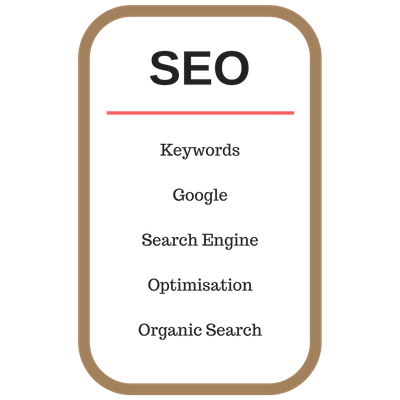
Google favours websites that optimise for humans, therefore it’s important keywords are well researched and naturally balanced on your website.
Long gone are the days when you simply put every keyword under the sun on your website, hoping it will rank well on the search engine result pages.
In 2018 and moving forward SEO keyword research should play a part in all content created for your website. That’s if you want people using search engines to find it.
So let’s take a look at how to find those keywords which are right for your business and will boost your SEO.
How to choose SEO keywords:
When choosing keywords for SEO, it’s important to consider these 3 factors:
- Relevance
- Frequency
- Competition
First and fore-mostly you want to be researching keywords that are highly relevant to your business. One of the easiest ways to check if a keyword is relevant to your business is to type it into Google. If your competitors/similar businesses are listed on the search result pages, then you’re most likely researching the right sort of keywords.
Bonus tip: You want to think carefully about the ‘search intent’ of each keyword. If someone types a certain keyword term in the search engine box, what type of web content do they want to see? E.g. If someone types in ‘wine’ they could be looking for anything to do with wine, however if they type in ‘buy wine online’ – it’s very clear what they want to do.
The frequency is how often that keyword is searched for. There are various tools which I will outline below where you can find out the average monthly search volume for a keyword or keyword phrase.
And the competition factor relates to how hard it is going to be to rank for that particular keyword. The higher the competition, the more time and effort you are going to need to put into that keyword.
You can research how competitive SEO keywords are via the tools mentioned below alongside analysing who is currently ranking for those terms on the search result pages.

Start by brainstorming
Whether you get a pen and paper out, a whiteboard or create a spreadsheet in your Google Drive, you need to brainstorm!
During this phase you want to think about all the topics and words that highly relate to your business:
- Think about your customers, what words do they use when asking about your products/services?
- What words/terms are on your website and in your marketing messages?
- Check out your online competitors, what words are they using?
- And are there synonyms relating to all these words?
- Use Google autocomplete for further ideas
Once you have a list of different ideas that are relevant to your business, you can then start using tools to help you understand the frequency and competition relating to those keywords.
Bonus tip: Use Google Trends to look into synonyms, to see what’s more popular. For instance you may find the term ‘gift cards’ is more popular for searchers to use than ‘gift vouchers’.
SEO keyword research tools
There are a number of SEO keyword tools online, and to be honest, most of them provide similar information and work in very much the same ways.
You simply type in your keyword phrase and it will spit out what the average monthly search volume is in your country (some can narrow it down to State/City too) as well as other pieces of data you may need.
If you’re keen to check out an SEO keywords tool, perhaps try one of the below:
- Ubersuggest by Neil Patel (free, no registration needed)
- SEMRush Keyword Magic Tool (registration needed)
- Please note this is an affiliate link
- Moz Keyword Explorer (registration needed)
- Google AdWords Keyword Planner (you must be running Google ads to use it)
- Keywords Everywhere plug-in (free)
Use Google!
A great way to get an idea of the most popular searches for your industry without using a keyword tool is to use Google!
- Start typing into Google words that you think your customers might use to find your business and look at Google’s Autocomplete ideas.
- Scroll to the bottom of the page and look at Google’s ‘Searches related to’ section for more hints.
- Around the middle of the page, you may also see a section called ‘People also ask’ so look at that for ideas too!
The Google Search Result Pages are a great resource for SEO research for your website from keyword ideas to checking out the competition so don’t be afraid to get up close and personal with the big G.
View this post on Instagram
So you’ve got your SEO keywords list, now what?
Now we come to the fun part – the optimisation! Yes, I am a complete SEO geek, I know 🙂
Optimising for your keywords will have to be a post for another day. There’s a lot to cover.
However, to give you a taste, the basics involve matching your keyword topics or themes (groups of keywords relating to one another/meaning the same thing) with your web pages.
Then for each page you need to work on optimising your:
- Meta title and description
- Headings
- URL
- The body content of the page
- Images/videos or any type of creative
Once you have SEO’ed your page for your target keywords you will then need to monitor and analyse.
An SEO’s work is never done, like Google and the internet, we need to continually evolve and improve performance on an ongoing basis.
How Google ranks a website, is a secret recipe that no one SEO consultant or agency knows. Our knowledge, experience and ongoing testing is integral to understanding that ‘special sauce recipe’ as much as we can.
SEO takes time and effort. Which is why people like me, offer my knowledge and skills to help you take care of your SEO. By doing this, it ensures you can concentrate on running your business and doing what you enjoy. Whilst knowing your SEO is in expert hands.
If you’d like me to research and optimise for SEO keywords that YOUR customers are using, contact me today.


